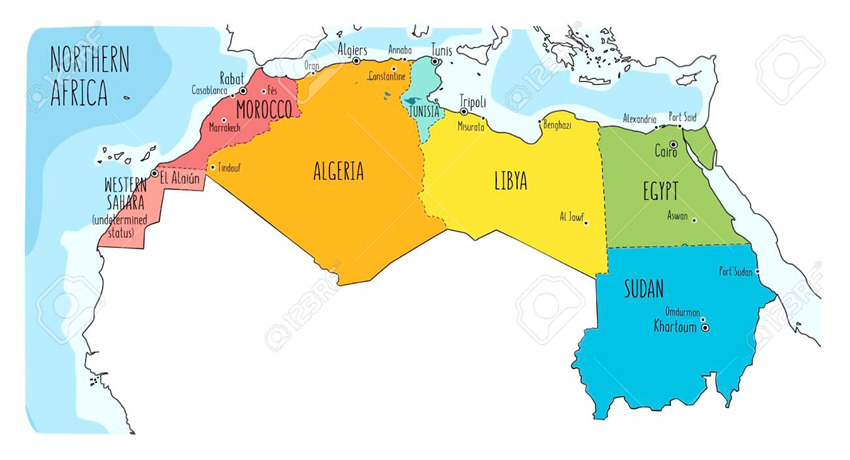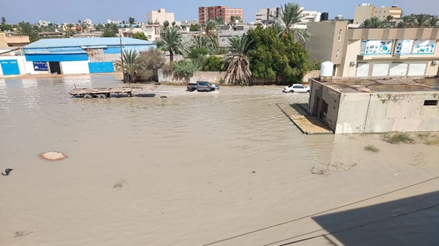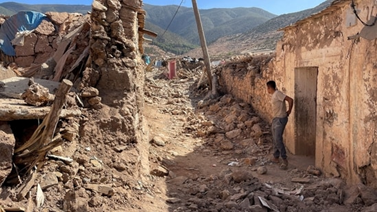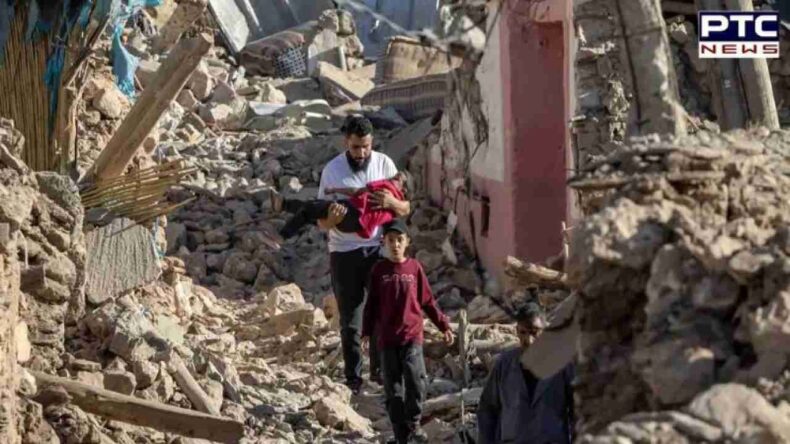Northern Africa is facing spontaneous devastation with over 4000 people killed and about 12000 missing in Libya and Morocco combined as a result of flood and earthquake in these respective countries.

Social Status of Libya

Libya has been categorically infamous for its oil reserves. Its crude accounts for almost 97% of its GDP. The employment in the oil sector has brought out Libyans towards the urban area which is only 10% of the country , which lies bordered to the coast where 90% Libyans live concentrated, with a minority of them living in the desert.
The governance of the country is extremely weak which has created economic and structural inequalities in the Libyan society. Though surplus in oil reserves, weak governance has widened the gap between the employers and the employees and lack of diversification has rendered majority population backward. Additionally, in Libya, 18% women are unemployed in comparison to 21% unemployment rate among men. Historically, a clan and tribe based society, Libya today is rampant with structural inequalities.
Social Status of Morocco

Morocco in contrast is a relatively politically stable society where the government is a semi-constitutional monarchy. In term of economy, it is the fifth largest economy of Africa.
While the society is considered to be of semi-liberal nature, its problems involve high rates of regional disparities, youth unemployment and unequal access to education along with its exposed vulnerabilities to natural disasters. The urban to rural population ratio is 70:30. The job profile of the population is diverse with large amounts of immigrants settling in.
Analysing the Events in Libya and Morocco
The earthquake at Morocco and the flooding of Libya which has killed and displaced thousands of people is reflective of the negligence towards the component of natural events in context of development.
While Libya’s drawback is its political instability, it is well known that its coastal location puts it in harms way. Oil drilling, though economically beneficially but structurally unsustainable sidelines prospects of other components that make for a holistic society. The irony also lies in the fact that these people whose ancestral heritage is tribal have become the victims of the nature that they worshipped in the past. Development, even though average has trapped them in a web of middle-ness which is not only depriving them of an egalitarian society but also protection from environmental hazards.
Morocco, on the other hand, though politically stable and relatively economically well off saw villages being wiped off and buildings dissolving into the mud as a result of the earthquake. The infrastructural facilities in the name of socio-economic mobilities have left the population devoid of basic livelihoods.
The problem then lies viewing social mobility as development. Furthermore, the so called mobility remains limited to economic mobility.
Holistic development, on the other hand would follow principle of fairness and equity that would make people employed and provide for facilities that protect them and their identities without any downfall. What is needed is development and not economic mobility. Only this can ensure security of the inhabitants in areas most vulnerable to natural hazards.













